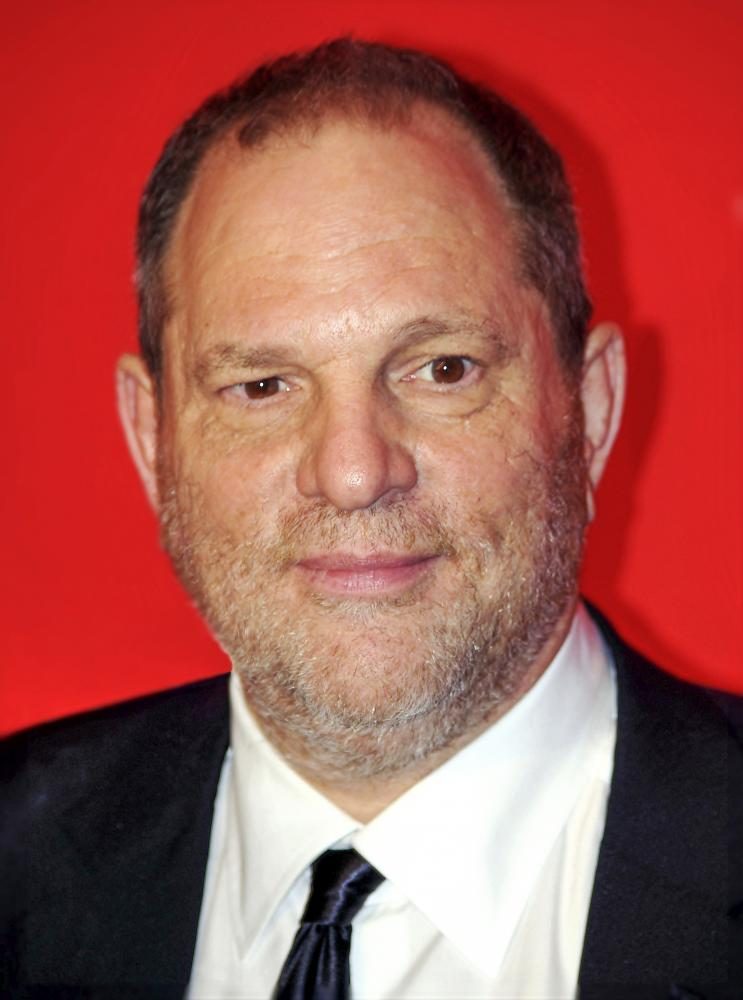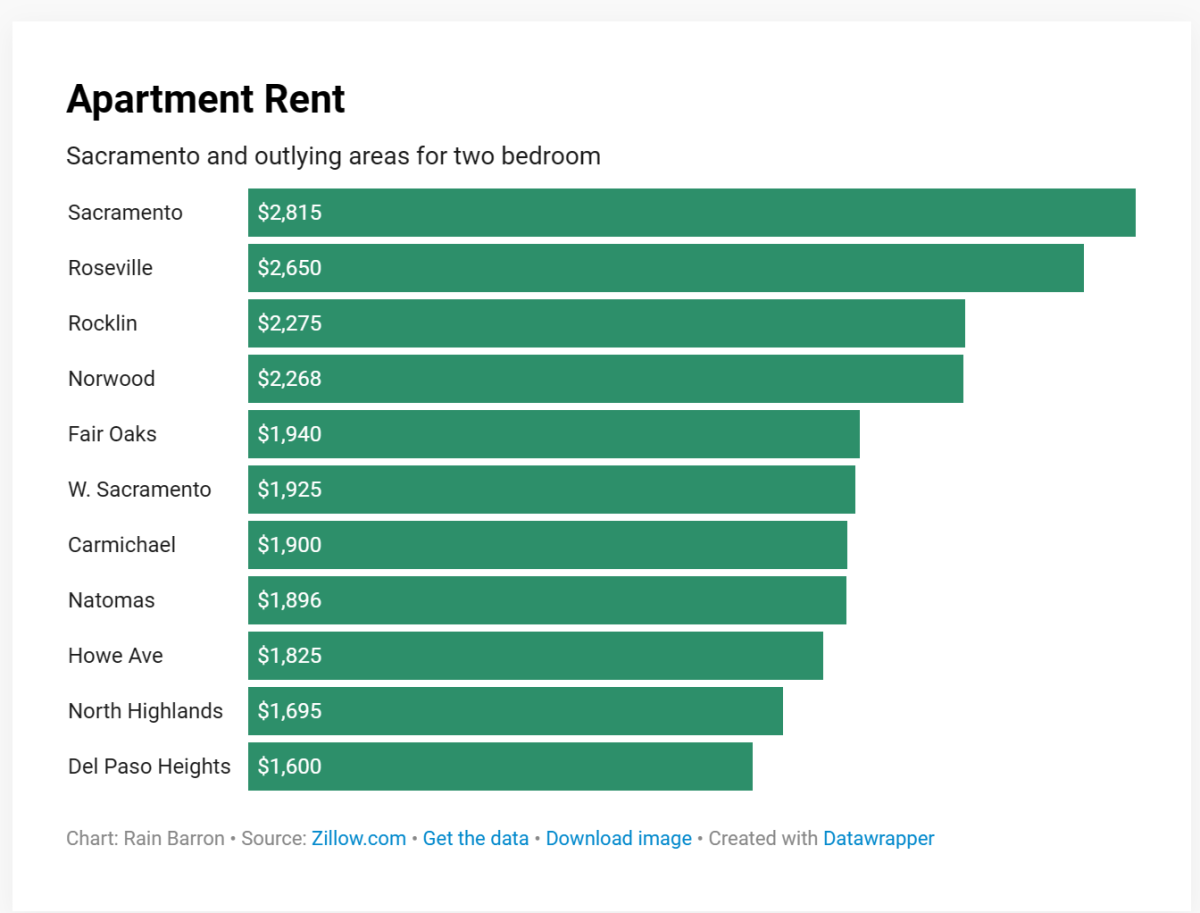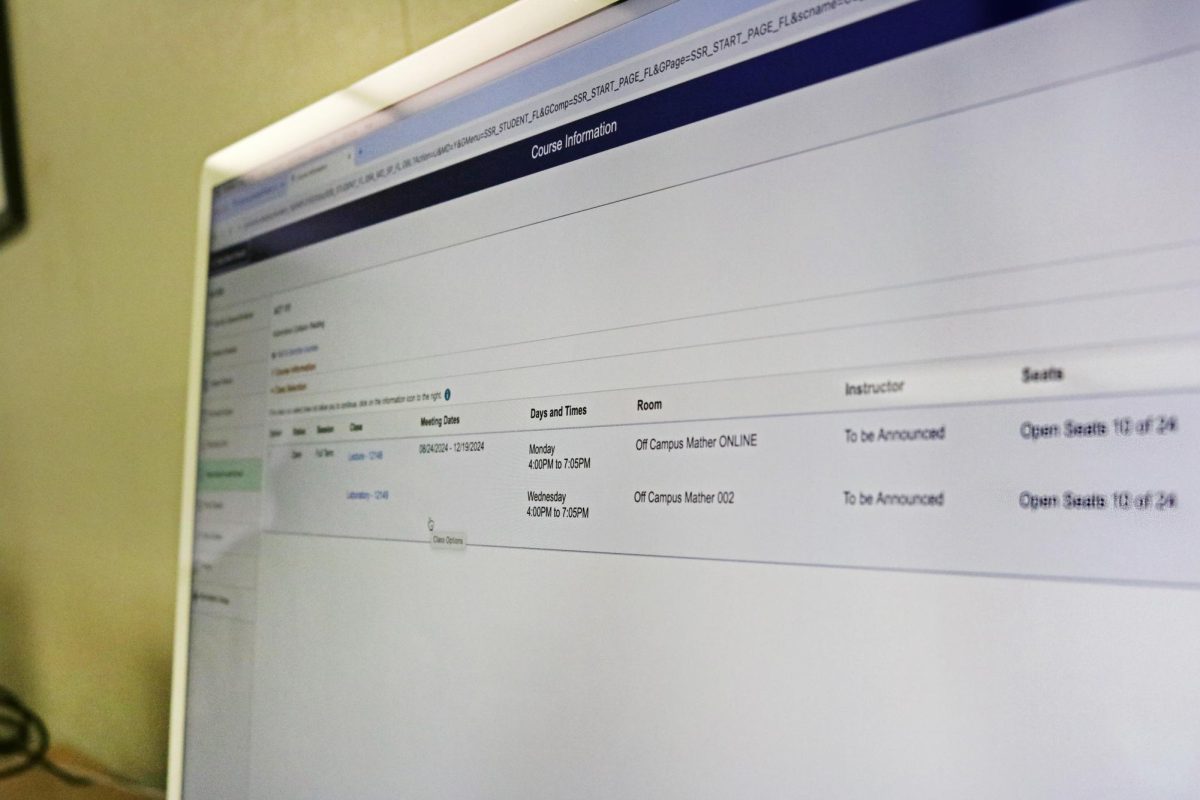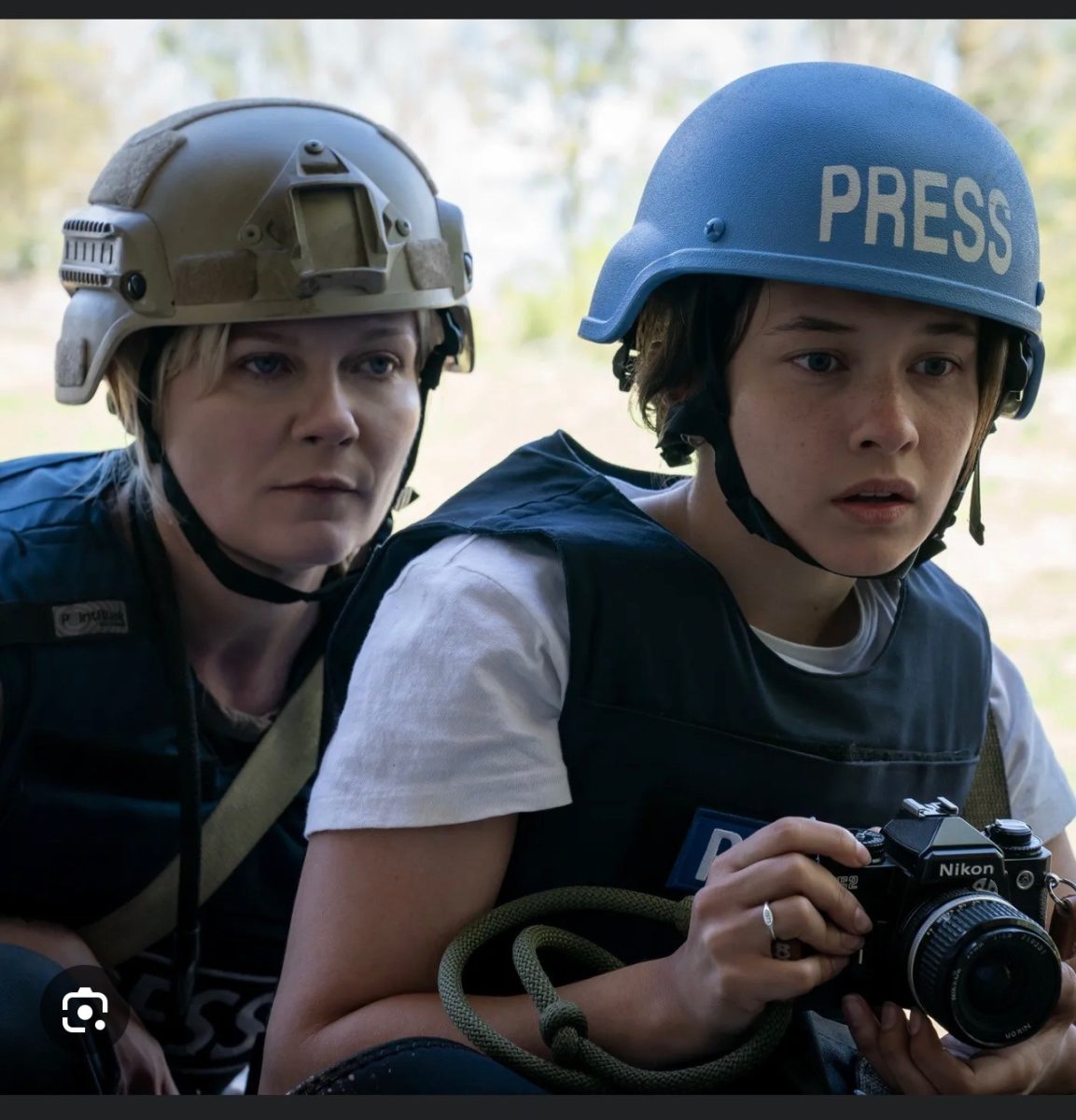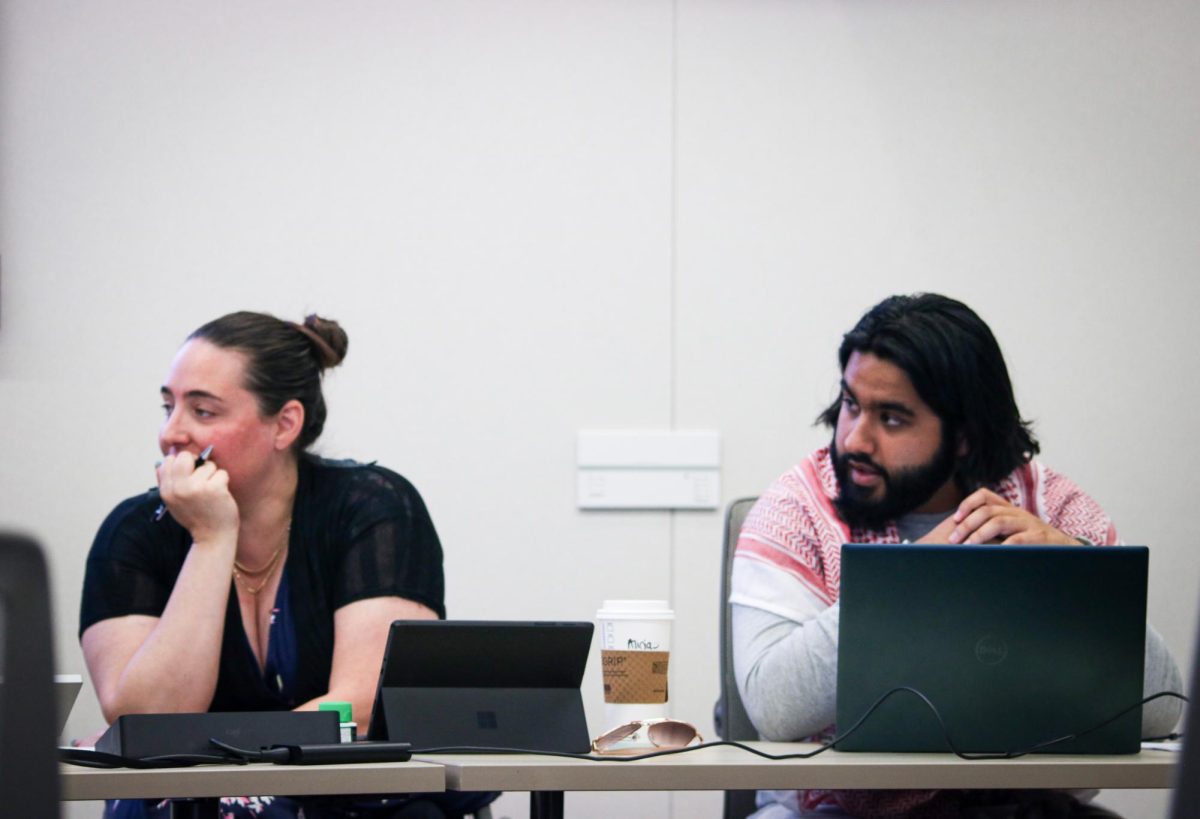In recent weeks, more than 50 accusations of sexual misconduct and harassment, including indecent exposure and other inappropriate behavior, have been directed at longtime Hollywood producer Harvey Weinstein by an astounding number of actresses in the entertainment business.
With equal rights in the workplace and Title IX being frequent topics of conversation in the media, it is unsurprising that more information regarding perpetrators is increasingly being revealed.
Weinstein is not the sole assailant who would routinely his assume position of power was a justification for his lewd behavior. Prominent, successful white men with a powerhouse of legal protection have a longtime history of using their status as a shield against potential investigations, lawsuits and allegations.
Those with impressive titles or who are well-known in the entertainment industry have used their significance to manipulate and harass lower-tier employees, with Weinstein, film director Woody Allen and more recently, comedian Louis C.K as a small handful of examples.
Actress Rose McGowan opened the floodgates of victims detailing their experiences with assault when she bravely tweeted her harrowing experiences with Weinstein while a young, aspiring actress in Hollywood.
McGowan’s Twitter account was deactivated following her accusations against Harvey, further placing media in the doghouse as an active participant in silencing and victimizing survivors of sexual harassment and assault.
It was later shared by Twitter’s safety announcement account that McGowan’s profile was temporarily deactivated due to one of her tweets violating their terms of service. The tweet in question contained a private phone number of presumably, a prominent Hollywood figure, yet their identity is unknown as the tweet was deleted following the incident.
The actresses’ actions spurred the #MeToo campaign, a popular social media movement in which victims of sexual harassment and assault shared their experiences.
Following the stream of allegations surrounding Weinstein’s varying degrees of misconduct, actors and actresses have also been accused of complacency surrounding the ever present issue of harassment during turbulent times in Hollywood.
Weinstein was fired following the still-surmounting accusations, leaving his brother Joe Weinstein as the lone remaining board member at the Weinstein Company.
While I applaud Hollywood’s decision to dismiss Weinstein and acknowledge the amount of support of those who have experienced harassment in the entertainment industry and beyond, I suspect the conversation will merely putter out and become a scandal of the past rather than a push towards a better future.
My doubts stem from society’s repetitive habit of hubbub around a certain controversial topic or person, with every intention to move towards real change, yet I cannot recall a time since Title IX was implemented in the late 1970s when a change was made that affected the stigmatized in all walks of life.
On paper, Title IX states that any education program with federal funding is prohibited to discriminate on the basis of gender, and is aimed at promoting gender, race and class equity among students and staff.
There are policies akin to Title IX used in businesses and corporations, yet employees who report inappropriate incidents are oftentimes hushed up or threatened with termination.
While I would like to have an optimistic view for a more progressive future, it is nearly impossible to have a confident outlook on a topic as vindictive and disappointing.
Harassment is not limited to Hollywood, as many readers, myself included, can confirm. During my late teens, I became painfully aware of the prevalence of assault victims within my female friend group.
Some statistics state that three out of five women will experience some type of harassment or assault within their lifetimes, but I disagree. These facts stem from reports of the incidents, and with rape and sexual harassment being some of the lowest reported crimes the numbers fall incredibly short in comparison to the reality of the issue. My unfortunate familiarity with harassment and assault, alongside those of my friends, led me to understand that half of women that will undergo unwanted sexual attention, and sometimes violence from a perpetrator.
Regardless of my admiration for those who understood the impact and social implications of their accusations, those who choose not to come forward have no obligation to do so. Survivors of assault cope with their recovery in a multitude of ways, and there is no sole “correct” method of overcoming a traumatic event. Honesty with oneself regarding the incident is incredibly difficult within itself, and whatever path towards restoring one’s mental and physical health in the aftermath of the event is enough.
There is no manual for recovery, yet there are resources available- the National Sexual Assault Telephone Hotline is available around the clock, with professionally trained staff members offering safe, confidential services, and also provide locations of local medical facilities and references for support. 1-800-656-HOPE (4673). For an on-campus option, an advocate for WEAVE, a nonprofit organization catered to victims of sexual and domestic abuse offers appointments every Wednesdays from 10 a.m. to 3:30 p.m. in the Health Center. For additional information, the Health Center can be reached at (916) 484-8383 and is located in the Administration Building.
I implore others to continue the conversation, do not tolerate discriminatory actions, and reflect upon actions you or a friend may have unknowingly inflicted on someone. Having honest discussions regarding sexual violence and abuse of power is the most effective way to help decrease the ubiquitous amount of harassment in the workplace, classroom and on the street. It is the small steps one can take in their personal, local communities that increases the likability of change on a greater, and possibly global, scale.


